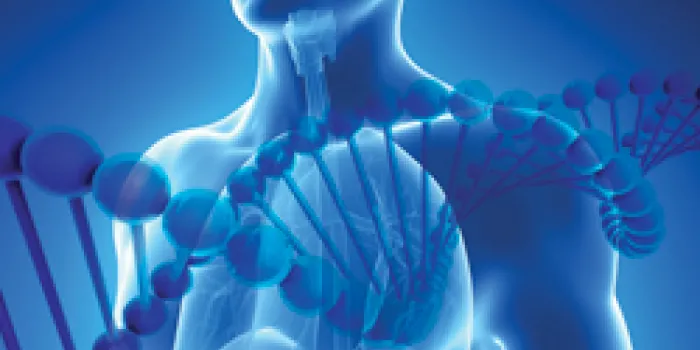Not one, not two, but all six of the most common genotypes, or genetic variants, of the hepatitis C virus (HCV) have a new foe: Epclusa®, manufactured by Gilead Sciences, Inc. The drug was approved by the Food and Drug Administration (FDA) on June 28 as the first all-oral drug to treat adults with chronic HCV infection from genotypes 1 to 6.
Epclusa contains 400 mg of sofosbuvir, a polymerase inhibitor that prevents HCV from reproducing, and 100 mg of velpatasvir, an NS5A inhibitor that prevents RNA replication and virus assembly. People with moderate to severe cirrhosis (liver scarring), which causes decompensation (the inability of the liver to repair itself), will need to take Epclusa with ribavirin.
Although there are several effective all-oral therapies to treat HCV genotype 1, found in 75% of Americans, until now there haven’t been effective options for patients with the less common genotypes. Genotypes determine how well patients respond to treatment. According to Gilead, Epclusa is the first single-tablet regimen for treating patients with genotypes 2 and 3, found in 20% to 25% of Americans, without the need for ribavirin.
Trial run
Epclusa’s safety and efficacy were tested in patients in a series of clinical studies called ASTRAL-1-4. During the phase 3 ASTRAL-1-3 trial, 1,035 subjects with chronic HCV infection were given Epclusa for 12 weeks. The patients had genotypes 1 to 6, but without cirrhosis or with compensated cirrhosis. Twelve weeks after treatment ended, 98% achieved sustained virologic response (SVR), meaning they were cured of HCV.
The ASTRAL-4 trial was conducted in patients with decompensated cirrhosis. One group was given Epclusa and ribavirin for 12 weeks; the second took Epclusa only for 12 weeks; the third took Epclusa only for 24 weeks. The groups achieved 94%, 83% and 86% SVR, respectively, 12 weeks after treatment had ended.
The most common adverse effects of Epclusa were headache and fatigue. Patients who also took ribavirin had additional adverse effects, such as nausea, diarrhea, anemia and insomnia. The FDA says the label will carry a warning that Epclusa can cause symptomatic bradycardia, a dangerous slowing of the heart’s rhythm. Further, when taken with amiodarone, the combination has resulted in patients needing a pacemaker.
The FDA granted Epclusa its priority review, which speeds the approval process for a drug to treat serious health conditions. It also gave it a breakthrough therapy designation, awarded to a drug that has the potential to provide a major advancement in treatment over existing therapies.
“The approval of Epclusa represents an important step forward in the global effort to control and potentially eliminate HCV as it provides a safe, simple and effective cure for the majority of HCV-infected patients, regardless of genotype,” said Ira Jacobson, MD, chairman of the Department of Medicine at Mount Sinai Beth Israel in New York, in a press release. He was a principal investigator in the clinical trials.
Like its previous direct-acting antiviral HCV drugs, Epclusa will have a steep price tag. Gilead estimates that a 12-week regimen will cost $74,760, or $890 per tablet. Patients who need assistance to pay for the drug can contact Gilead’s Epclusa Co-pay Coupon Program. Call 855.769.7284 or go to: mysupportpath.com for more information on financial support.

